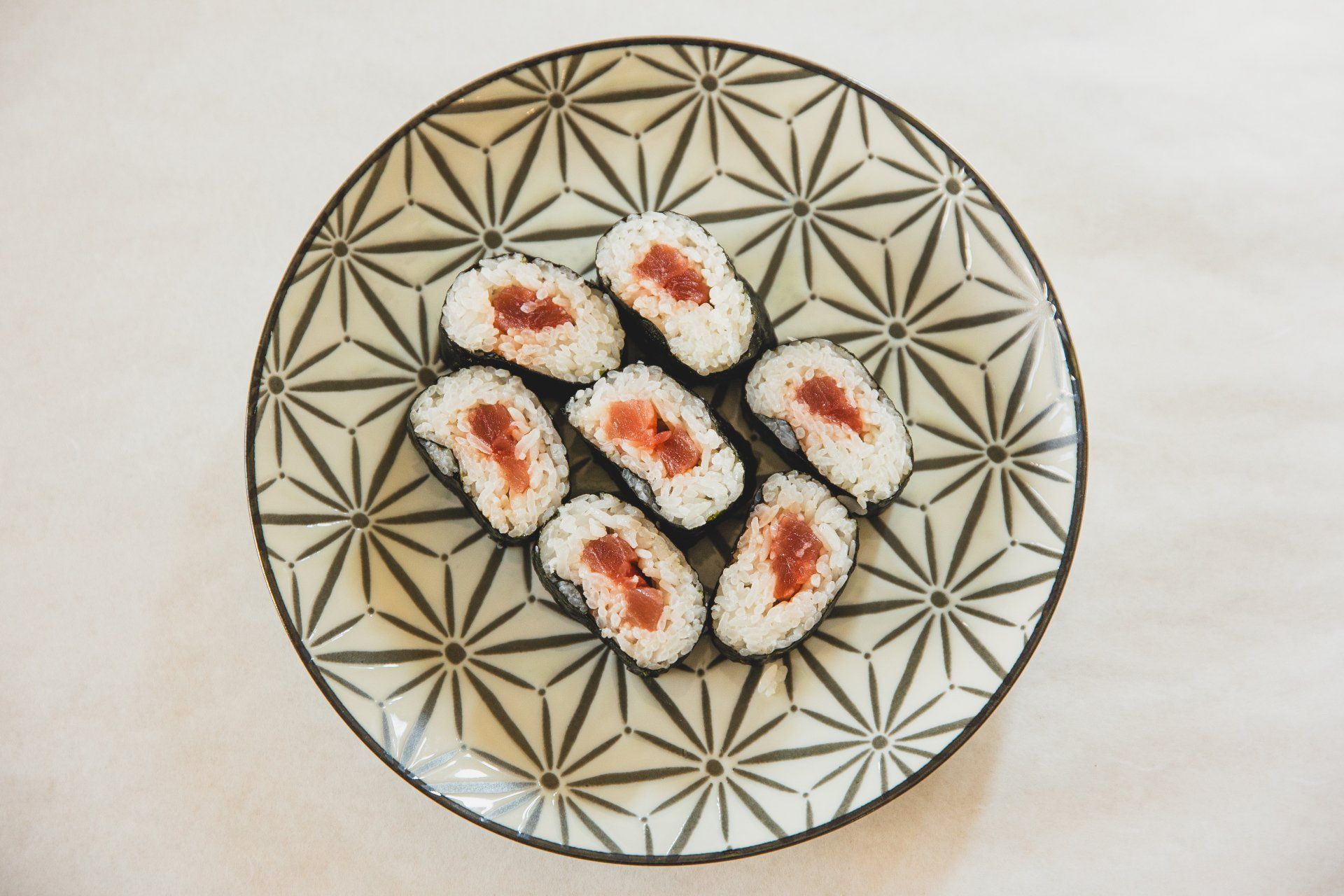Why It Won
The research indicates that individuals are more likely to lose weight if they eat based on intuition rather than following a diet. This is because diets often involve restrictive eating and eliminate certain foods or food groups, which can make it difficult to stick to them long-term.
Intuitive eating, on the other hand, does not involve any restrictions and allows you to eat what you want, when you want it. This makes it much easier to stick to an intuitive eating plan in the long run, which means you are more likely to lose weight and keep it off.
Intuitive eating can help you develop a healthier relationship with food. When you diet, you may view some foods as being "good" or "bad." This can lead to feeling guilty or ashamed after eating "bad" foods. Intuitive eating helps you learn to listen to your body's hunger cues and eat accordingly, rather than in response to emotions. This positive approach to food can help you maintain a healthy weight in the long term.
What Is the Intuitive Eating?
The intuitive eating approach to wellness is based on listening to your hunger and fullness cues, and making peace with food. It is a non-diet approach that allows you to eat what you want, when you want it.There are 10 principles of intuitive eating that can help you achieve a healthy relationship with food and your body. These principles include honoring your hunger, making peace with food, challenging the food police, feeling your fullness, discovering the satisfaction factor, coping with your emotions without using food, respecting your body, exercise, and honoring your health through gentle nutrition.
When you listen to your body's hunger cues and eat accordingly, you may find that you naturally gravitate towards healthier foods. This is because you are no longer restricting yourself from eating certain foods or food groups. You are also likely to eat more slowly and mindfully, which can help you better enjoy and appreciate your food.
Background
The intuitive eating movement began in the early 1990s when two dietitians, Evelyn Tribole and Elyse Resch, created the Intuitive Eating Program. This program is based on 10 principles that encourage people to reconnect with their hunger and fullness cues, honor their cravings, and make peace with food. These principles were inspired by Tribole and Resch's own personal experiences with yo-yo dieting and body image issues, as well as their professional work with clients who were struggling with similar issues.
What We Love About Intuitive Eating
Benefits
There are many benefits of intuitive eating, which can improve both physical and mental health. For example, studies have shown that people who practice intuitive eating tend to have a healthier body weight, lower cholesterol and blood pressure levels, and better overall dietary intake. In addition, they report higher levels of satisfaction with their bodies and less disordered eating behaviors.
Intuitive eating allows you to focus on the pleasure of eating, rather than worrying about dieting or calories. This can help you make better choices about what to eat and appreciate food more. As a result, you can develop a healthier relationship with food.
Intuitive eating can have a number of benefits, both physically and mentally. For example, those who eat intuitively tend to have higher levels of self-esteem and body satisfaction. They also report less disordered eating behaviors, such as bingeing and purging.
Additionally, intuitive eaters are more likely to maintain a healthy weight over time. Intuitive eating can help you develop a healthier relationship with food by teaching you to listen to your body's hunger cues and eat in response to them, rather than in response to emotions or external cues.
Research Studies Backing Up The Benefits
Intuitive eating has been shown to have a number of benefits, including maintaining a healthy body weight, better blood sugar control, and lower levels of inflammation. These studies suggest that intuitive eating can be a helpful tool for improving overall health.
Intuitive eating has been shown to have a number of benefits, both physical and mental. A 2016 study published in the journal Public Health Nutrition found that intuitive eaters were more likely to have a healthy relationship with food than those who didn't. This is likely due to the fact that intuitive eaters are more in touch with their bodies' natural hunger cues, and as such are less likely to overeat or make unhealthy food choices.
A 2017 study published in the journal JAMA Internal Medicine found that intuitive eaters were less likely to develop type 2 diabetes than those who didn't. This is likely because intuitive eaters are more attuned to their bodies' needs and are less likely to indulge in sugary or processed foods that can lead to diabetes.
Intuitive eating has also been shown to improve mental health. A 2010 study published in the journal Eating Behaviors found that women who practiced intuitive eating had lower levels of anxiety and depression than those who didn't. This is likely because intuitive eating helps people to develop a healthier relationship with food, and as such they are less likely to experience feelings of guilt or shame around food.
Here's a full list of
research studies done on intuitive eating.
How To Follow Intuitive Eating
If you're interested in following the principles of intuitive eating, there are a few key things to keep in mind. First, it's important to listen to your body and pay attention to its hunger cues. Eating when you're physically hungry is one of the most important aspects of intuitive eating.
Another important aspect of intuitive eating is learning to cope with feelings without using food as a crutch. If you're feeling stressed, sad, or anxious, try to find other ways to cope with those emotions instead of turning to food. This may mean finding a new hobby, talking to a friend, or meditation.
Last but not least, don't forget to enjoy your food! One of the main goals of intuitive eating is to develop a healthy relationship with food. This means savoring your meals and enjoying the flavors and textures of the foods you eat.
If you keep these things in mind, you'll be well on your way to following the principles of intuitive eating.
Downsides Of Intuitive Eating
The intuitive eating program has been gaining popularity in recent years as a way to "reconnect" with your body's natural hunger signals and eat in a more mindful, healthful way. However, the program is not without its critics, who argue that it can be difficult to follow and may not be suitable for everyone. Here are some of the potential downsides of following the intuitive eating program:
1. It can be difficult to stick to.
Critics argue that the intuitive eating program can be difficult to follow long-term, as it requires a lot of self-control and discipline. Some people may find it hard to resist their cravings or listen to their bodies' hunger signals, especially if they're used to yo-yo dieting or eating in a more restrictive way.
2. It may not be suitable for everyone.
The intuitive eating program may not be suitable for people with certain medical conditions or food allergies, as it can be difficult to tailor the program to specific dietary needs. It's also worth noting that the program is designed for adults and may not be appropriate for children or adolescents.
3. It may lead to weight gain.
Some critics argue that the intuitive eating program can lead to weight gain, as it encourages people to eat when they're hungry and doesn't focus on portion control or calorie counting. While there is no evidence that following the intuitive eating program will automatically cause weight gain, some people may find it harder to control their eating if they're not paying attention to portion sizes or calorie intake.
4. It's not a quick fix.
The intuitive eating program is not a "quick fix" solution to weight loss or improving your relationship with food. It's designed to be a lifelong approach to eating, and it may take some time to see results. If you're looking for a quick way to lose weight or change your eating habits, the intuitive eating program is probably not for you.
5 Respected Health Websites That Endorse Intuitive Eating










